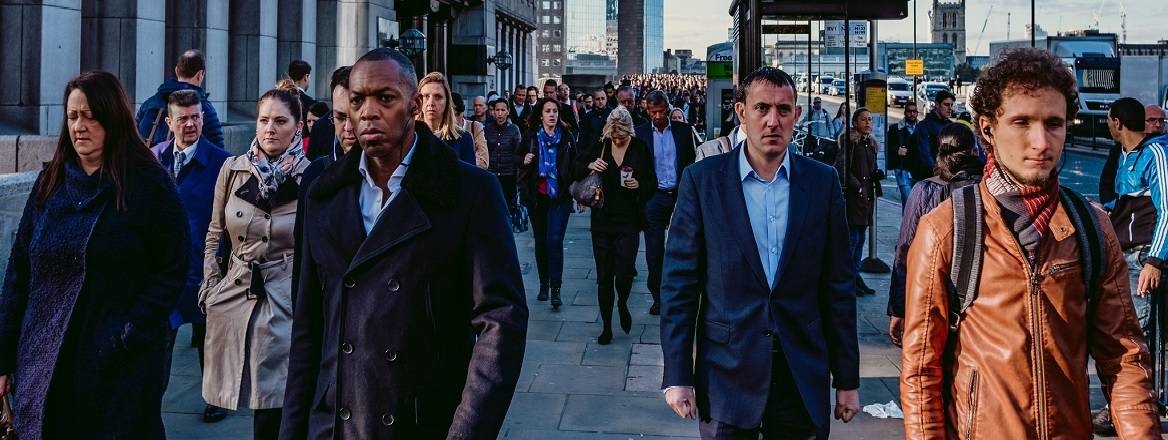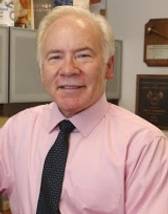We sometimes forget that organised crime is actually ‘us’, and not some vague, mythical, ethnic or national threat from somewhere else. ‘Us’ refers to the general, ‘law-abiding’ public, which is rife with individuals possessing selfish and manipulative tendencies to profit from the pain of others.
Recently, there have been multiple analyses showing that organised crime is using the COVID-19 pandemic to exploit others on a systematic basis. This involves counterfeit medicines and equipment (e.g., ‘anti-corona spray’, fake medical grade masks), cybercrimes involving fake virus cures and hacking into the computers of those doing business from home insecurely, the sale of unregistered pesticides called ‘Stop the Virus’, and fraud, not least by offering to collect currency ‘contaminated with the coronavirus’.
These examples provide useful reminders of how global attention in one direction (CV19) creates hidden opportunities for crime among those not concerned about the needs or victimisation of others.
This is about our ethics both before and after the pandemic.
Low-level organised crime is still organised crime
Our fingers point firmly in the direction of ‘others’ as we count the multiple ways in which organised crime exploits ‘us’. What is usually missing from this conversation is the ethical mirror that reflects on ourselves. How many ‘law-abiding’ people are engaging in organised criminal activities?
- Hoarding toilet paper and cleaning products for sale online for profit
- Thefts from vacant buildings
- Systematic retail and workplace thefts
- Scams by legitimate businesses to clean the virus from your home or air ducts
- Phone or internet swindles to sell unneeded or untested products to vulnerable customers
Judging from the reported cases of these kinds of crimes, most of them are committed not by organised crime groups, but by ‘regular’ citizens who exploit others for profit. These might be termed ‘low-level’ organised crime, but that’s the way large-scale organised crime begins. In this way, organised crime is actually us. It’s not others, it’s us, the otherwise law-abiding population, while we point fingers at ‘organised crime’.
There is an exchange relationship between what organised crime provides and the demand for it that we create.
The other contribution to organised crime: demand
Organised crime is ‘us’ in other ways as well. The vast majority of organised crime activity involves the provision of illicit goods and services (e.g., drugs, counterfeit products, stolen or banned property, wildlife, firearms, illicit labor). Although it is chiefly organised crime networks that provide these products, but it is we who provide the demand for these illicit goods. That is to say, a great deal of the demand for the illicit products trafficked by organised crime is composed of ‘regular’ citizens looking for a ‘good deal’ on something they cannot obtain legally.
Is it not hypocritical to blame organised crime for supplying the illicit goods and services that we ourselves purchase? There is a direct relationship between the public’s demands and what organised crime provides. If the public’s appetite for illegal goods and services were reduced, it would have a corresponding impact on organised crime groups and networks.
Leaving your ethics at the door of others?
Organised crime can exist only in an environment where there are significant number of people looking to exploit others for personal profit. As a criminologist, and an instructor of ethics, I have found that an acquired grounding in ethical thinking helps a person to frame all situations in moral terms (because virtually all our conduct affects others). Ethics forces consideration of a principled, rational response to every dilemma (e.g., what do you do when a store clerk gives you too much change in error during a retail transaction?). Your response to this question provides some idea of your understanding of ethics, and how thin the line is between your own thinking and how organised crime operates.
It is unfortunate that our educational system is devoted to the accumulation of facts, rather than how to act on them. The conflicting responses to the current pandemic from both public and private figures illustrate how the facts are never enough. Ethics provides the principles to guide action. The knowledge and the courage to act on ethical principles provide us with an appreciation of the wrongfulness of our conduct and its impact on others.
The sooner we take responsibility for our own conduct, the more likely we are to see a reduction in organised crime activity everywhere.
Jay Albanese is a SHOC Member and professor in the Wilder School of Government & Public Affairs at Virginia Commonwealth University. He was the first Ph.D. graduate from the Rutgers University School of Criminal Justice. Dr. Albanese served as Chief of the International Center at the National Institute of Justice, the research arm of the U.S. Department of Justice. He is author and editor of 20 books and many articles on organised crime, corruption, transnational crime, and ethics. Dr. Albanese is a recipient of the Distinguished Teaching Award from Virginia Commonwealth University, the Gerhard Mueller Award for research contributions from the Academy of Criminal Justice Sciences International Section, and the Distinguished Scholar Award from the International Association for the Study of Organized Crime. He is a past president and fellow of the Academy of Criminal Justice Sciences.
Main image credit: Sam Rodgers, via Flickr.
The views expressed in this article are those of the author(s) and do not necessarily reflect the views of RUSI or any other institution.
Written by
Professor Jay Albanese
SHOC Network Member - Researcher


